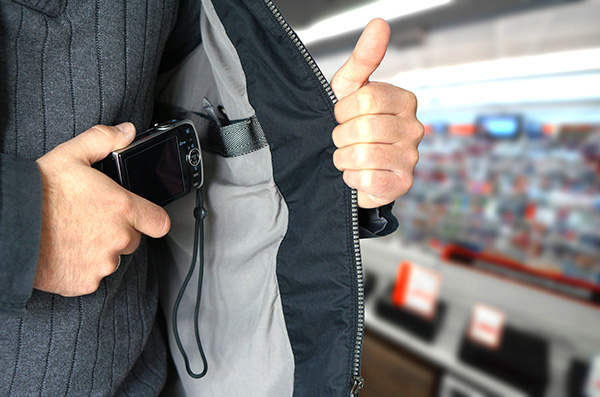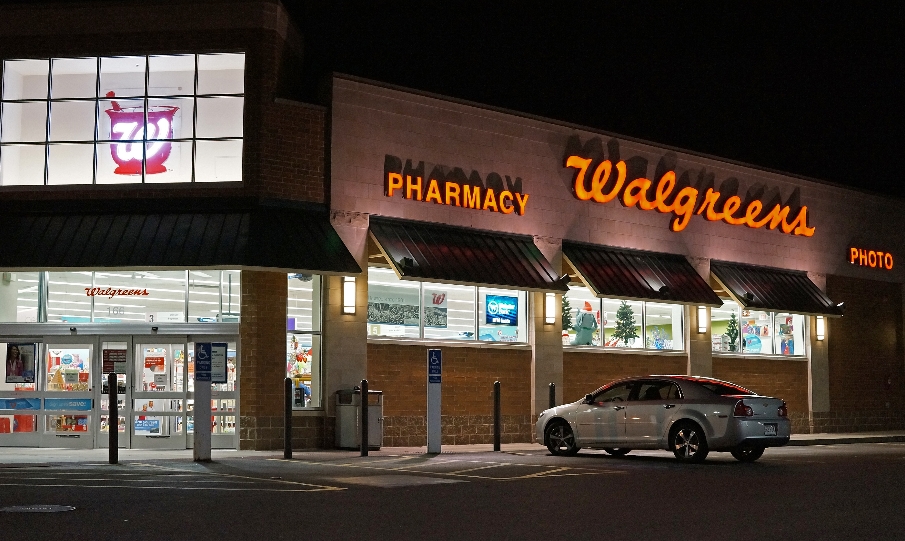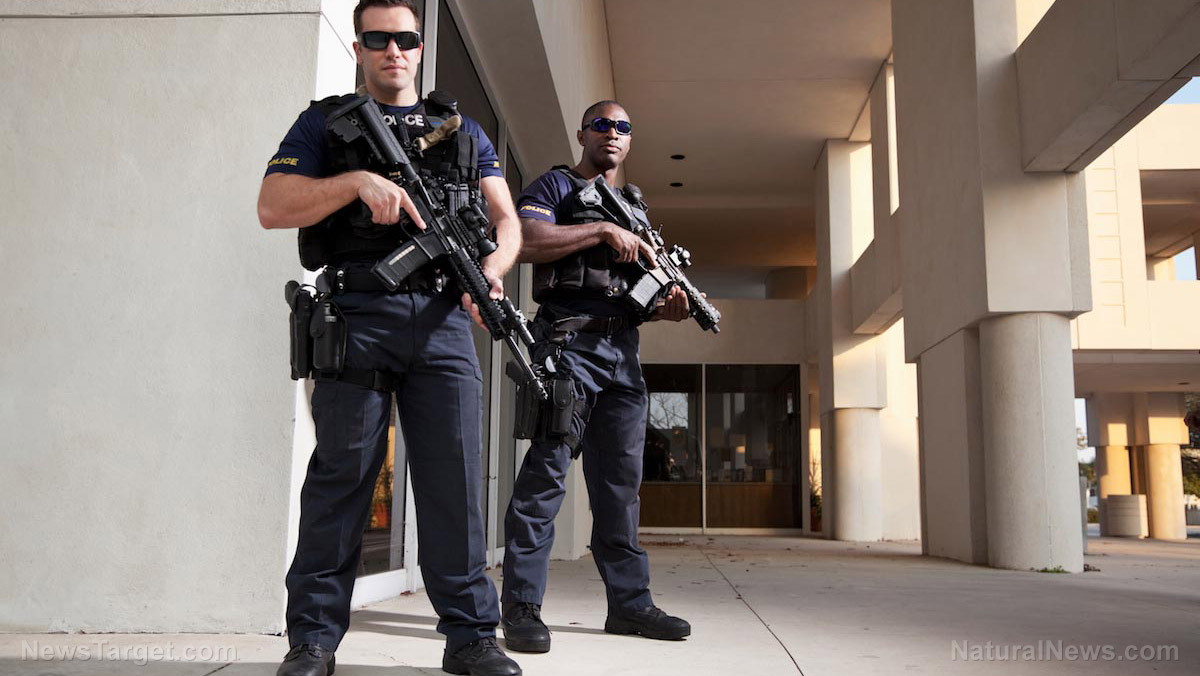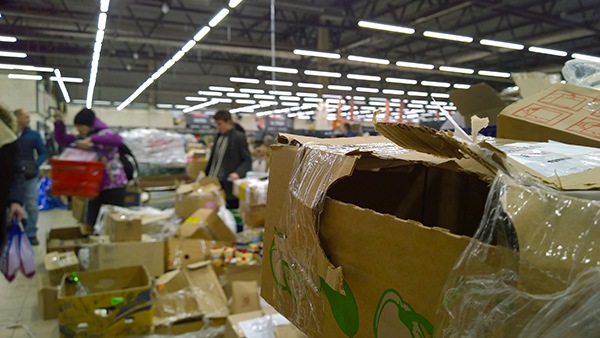Freight fraud costing transportation and logistics industries over $800M a year
07/29/2024 / By Arsenio Toledo

The United States’ transportation and logistics industries are grappling with an ever-increasing problem: freight fraud.
Freight fraud is an increasingly more common type of scheme that involves “entities that charge an up-front fee, pack and hold consumers’ household goods, then demand more funds to deliver or release the items,” according to Delegate Eleanor Holmes (D-DC), who in May submitted a bipartisan-sponsored bill aimed at tackling freight fraud.
Norton, along with experts on the matter, noted how complex freight fraud has become. Freight fraud schemes can be carried out by dozens of individuals who use different types of strategies for financial gain, such as double brokering and load phishing.
The schemes can even involve individuals or groups of criminals who create fictitious companies complete with fake websites with generated five-star reviews that are all meant to lure customers to book their fraudulent companies to transport their goods. (Related: Shipping costs are rising all over the world, striking a huge blow to international trade.)
Freight fraud has cost the transportation and logistics industries over $800 million a year.
Double brokering and other freight fraud schemes
Much of the losses come from double brokering schemes, in which a carrier who accepts a load from a broker re-brokers it to another carrier without the original broker’s consent, leading to delays, liability issues and increased costs. Double brokering schemes can even allow illicit carriers or brokers to steal cargo, leaving shippers and logistics providers up in the air when insurance claims are denied.
“We have seen double brokering in different ways,” said Christopher McLoughlin, director of compliance at Uber Freight and who has on his belt decades of risk and operations experience with transportation and logistics giants C.H. Robinson and American Backhaulers.
“Sometimes they were doing it just to keep the funds that the broker would pay them and not pay the carrier that actually delivered the load,” said McLoughlin. “Sometimes they would double broker just to augment their capacity to fulfill a commitment they can’t live up to. Now we are seeing that same schematic, but not only are they stealing the money on the load but they are now stealing the load itself.”
McLoughlin further warned that the current, more digitized environment in transportation and logistics has created a lack of transparency and more difficulty for investigators trying to follow paper trails, enabling fraudulent behavior.
“There is no transparency on who you are engaging with, and there are also high-volume transactions happening and people want to do everything super fast and super quick with no general awareness of who you are engaging with,” he explained.
Unfortunately, the government is not providing the transportation and logistics industries with enough support to deter freight fraud. McLoughlin shared that Uber Freight has a little over 50 people in a department focused on deterring freight fraud, led by a freight investigator with over 20 years of experience working in the Federal Bureau of Investigation. Despite this, it would take more resources than either Uber Freight and policing authorities have separately to effectively deal with the level of freight fraud the U.S. is seeing.
“It’d be a great opportunity for a public-private partnership. But like everything I’ve ever worked on in the federal government, it’s about whose name is going to be at the top of the letterhead,” McLoughlin explained. “At this point in the game, it shouldn’t matter. If one group can come out and try to coordinate this and get that plan sprinkled across the different agencies, we would have a better result in the end.”
Norton’s bill, HR 8505, the “Household Goods Shipping Consumer Protection Act,” would also go a long way to providing support for the industries, as it would enhance the Federal Motor Carrier Safety Administration‘s ability to crack down on freight fraud by expanding its authority to assess penalties, among other expanded powers.
Learn more about threats to America’s supply chains and logistics systems at SupplyChainWarning.com.
Watch this video of Gabor “Gabe” Zolna predicting that more and more grocery stores will be hiring armed guards to deter criminals.
This video is from the ZolnaReport.com channel on Brighteon.com.
More related stories:
ARMED GUARDS now escorting delivery drivers in crime-ridden California.
Analysis reveals trucking industry is BALKING at high cost of operating electric rigs.
Several truck companies plan to completely ELIMINATE the use of human drivers this year.
Federal report: More truck drivers are dying from not using seat belts.
Sources include:
Submit a correction >>
Tagged Under:
big government, bubble, cargo, cargo hauling, conspiracy, crime, criminals, deception, economic riot, faked, finance riot, fraud, freight fraud, insanity, logistics, market crash, money supply, risk, shipping, supply chain, transportation
This article may contain statements that reflect the opinion of the author
RECENT NEWS & ARTICLES
SupplyChainWarning.com is a fact-based public education website published by SupplyChainWarning.com Features, LLC.
All content copyright © 2021 by SupplyChainWarning.com Features, LLC.
Contact Us with Tips or Corrections
All trademarks, registered trademarks and servicemarks mentioned on this site are the property of their respective owners.




















